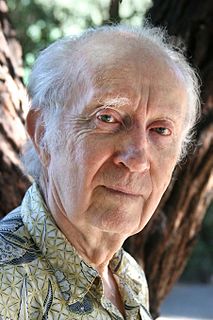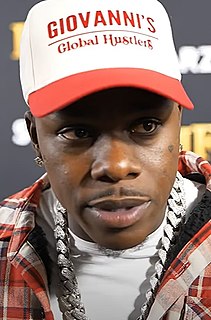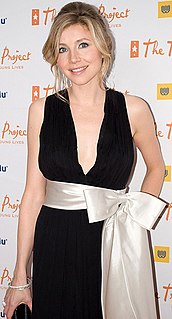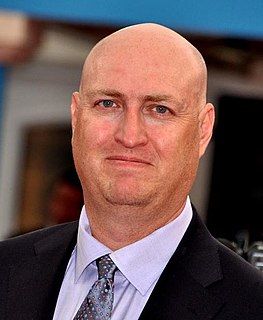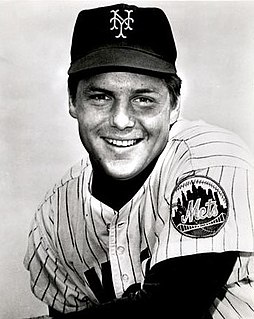A Quote by Charlie Brooker
You don't have the economy of scale of building a set once and casting once. You blow up the world, basically, at the end of each episode.
Related Quotes
... placing economic activity in the context of the whole earth requires attention to the question of scale. Bigger is obviously not better, so the optimum scale of human economy in relation to the total economy becomes basically a question of sustainability. When the effects of the economy on the environment undercut the possibility of its own continuance, the scale is too large.
There are story-room sessions where you think about the big picture, like a novel, but once you have certain things in place, you have to treat each episode like an hour of TV, and think that maybe this will be the only episode that anyone will ever watch. You want to have some sort of beginning, middle, and end to the episode, even if you have storylines that are carrying over. You still want it to feel like a cohesive hour of entertainment. And you can't think about both at the same time.
Once we were on the set, we each did different kinds of work. I was doing more the technical stuff, the framing and the camera work, and she was working more with the actors. Marjane [Satrapi] and I don't stop speaking once we're on the set. We continue to talk. We define what our roles are going to be on set, because to have a snake with two heads is silly.
So we get a plan," I said. "Any suggestions?" "Blow up the building," Kincaid said without looking up. "That works good for vampires. Then soak what's left in gasoline. Set it on fire. Then blow it all up again." "For future reference, I was sort of hoping for a suggestion that didn't sound like it came from that Bolshevik Muppet with all the dynamite.
The economy - once a great scatter of small productive units in autonomous balance, has become dominated by two or three hundred giant corporations, administratively and politically interrelated... The political order, once a decentralized set of several dozen states with a weak spinal cord, has become a centralized executive establishment which has taken up into itself many powers previously scattered... The military order, once a slim establishment in a context of distrust fed by state militia, has become the largest and most expensive feature of government.
Once I spoke the language of the flowers, Once I understood each word the caterpillar said, Once I smiled in secret at the gossip of the starlings, And shared a conversation with the housefly in my bed. Once I heard and answered all the questions of the crickets, And joined the crying of each falling dying flake of snow, Once I spoke the language of the flowers. . . . How did it go? How did it go?

